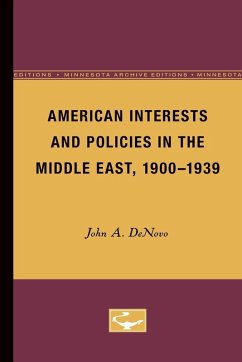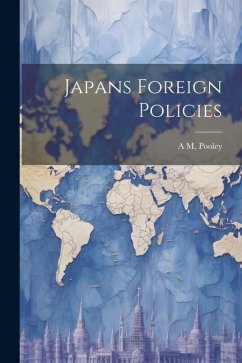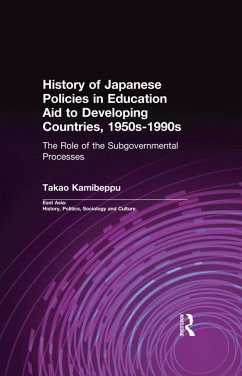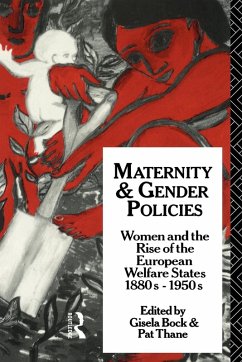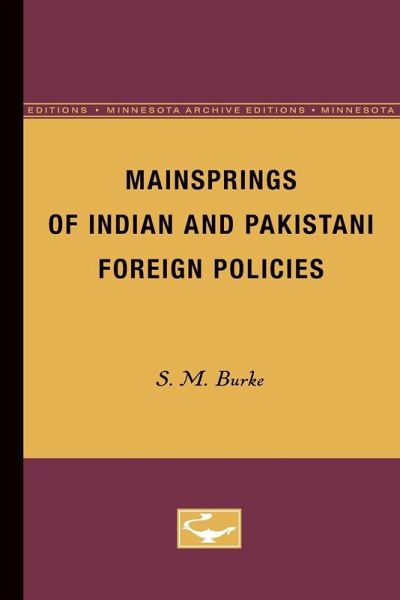
Mainsprings of Indian and Pakistani Foreign Policies
Versandkostenfrei!
Versandfertig in 1-2 Wochen
65,99 €
inkl. MwSt.

PAYBACK Punkte
33 °P sammeln!
Mainsprings of Indian and Pakistani Foreign Policies was first published in 1974. Minnesota Archive Editions uses digital technology to make long-unavailable books once again accessible, and are published unaltered from the original University of Minnesota Press editions. This study by a South Asian specialist illuminates a vast and complex field. For the first time Indian and Pakistani foreign policies have been paralleled within the covers of a single volume. Also for the first time the author has not chosen as his starting point the year 1947, when these ancient lands reemerged as sovereign...
Mainsprings of Indian and Pakistani Foreign Policies was first published in 1974. Minnesota Archive Editions uses digital technology to make long-unavailable books once again accessible, and are published unaltered from the original University of Minnesota Press editions. This study by a South Asian specialist illuminates a vast and complex field. For the first time Indian and Pakistani foreign policies have been paralleled within the covers of a single volume. Also for the first time the author has not chosen as his starting point the year 1947, when these ancient lands reemerged as sovereign states, but has adopted it as the middle point, devoting equal attention to the pre-independence period. Part I provides a cogent answer to the query, often raised but seldom answered to the satisfaction of outsiders, why the Hindus and the Muslims, nourished by the same soil for hundreds of years, were unable to form a single united and strong nation after releasing themselves from foreign domination. And it highlights the surprising extent to which the foreign policies of India and Pakistan have been motivated by impulses inherited from their long past. Part II evaluates the actual performance of independent India and Pakistan on the world stage; reviews the rivalry between the United States, the Soviet Union, and China to gain influence in South Asia; and probes the vital question why India and Pakistan have belied the original expectation that they would rapidly become prosperous and powerful members of the international community. Domestic pressures bearing on the foreign policies of both countries, including circumstances culminating in the emergence of Bangladesh, are explained.




